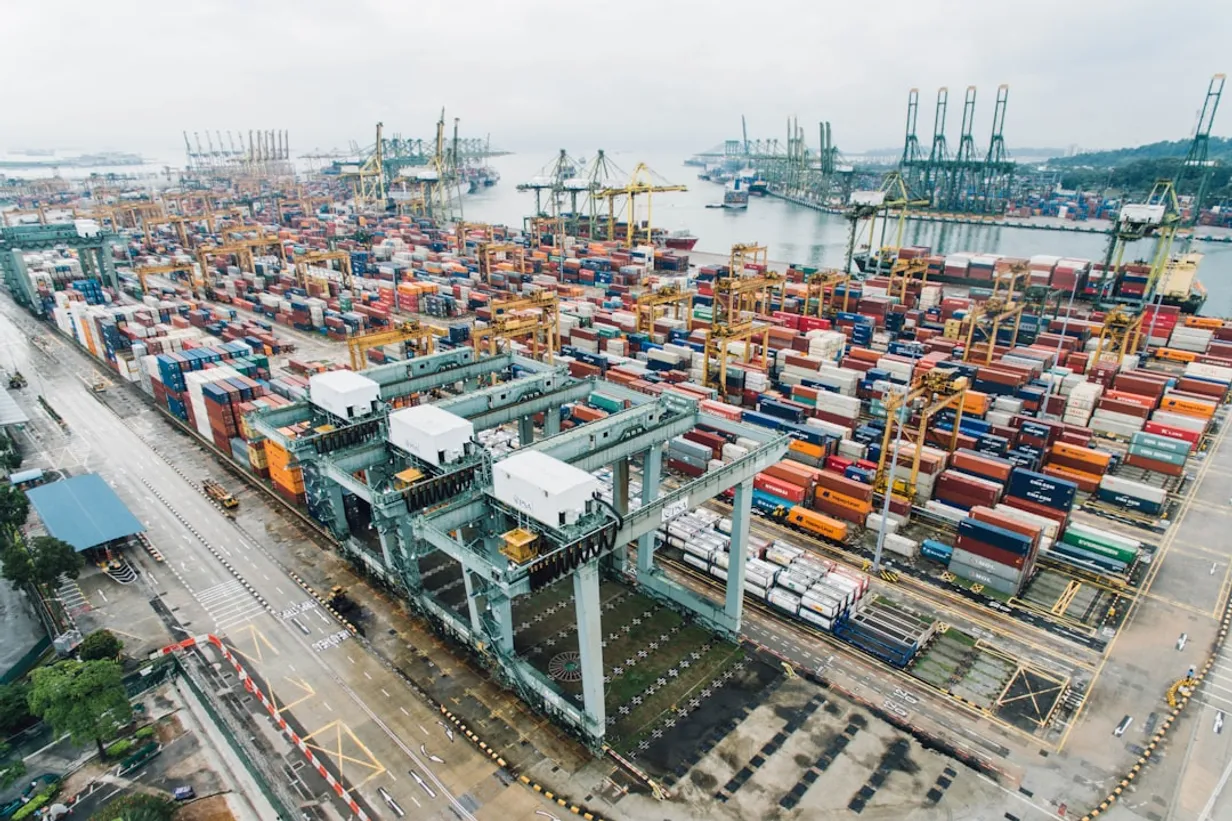International shipping can be a complex maze of regulations, paperwork, and logistical challenges. Understanding how to navigate these complexities is crucial to ensuring your goods arrive on time, in good condition, and without unexpected costs. Here are some key tips to help you avoid common pitfalls in international shipping.
Understand Customs Regulations
Customs regulations can vary significantly between countries, and failing to comply with them can result in delays, fines, or confiscated goods. Make sure you are well-versed in the customs requirements of both the exporting and importing countries.
Research Documentation Requirements
Each country has specific documentation requirements for imports and exports. Common documents include commercial invoices, packing lists, and certificates of origin. Ensuring these documents are accurate and complete is crucial for smooth customs clearance.
Stay Updated on Tariffs and Duties
Tariffs and duties can significantly impact the cost of your goods. Staying informed on the latest rates and any upcoming changes can help you budget more effectively and avoid unexpected expenses.
Choose the Right Shipping Method
The shipping method you choose will depend on factors such as the type of goods, budget, and delivery timeline. Selecting the appropriate shipping method can help you manage costs and reduce the risk of damage or delays.
Consider Different Shipping Options
The main shipping methods include sea freight, air freight, and courier services. Each has its pros and cons, so evaluate which option best suits your needs. Sea freight is cost-effective for large volumes but slower, while air freight is faster but more expensive.
Work with Reliable Carriers and Freight Forwarders
Partnering with reputable carriers and freight forwarders can make a significant difference in the smoothness of your shipping process. Research and choose reliable companies with good track records to ensure your goods are handled properly.
Efficiently Manage Cross-Border Transactions
Managing cross-border transactions involves coordinating between multiple parties and ensuring all aspects of the shipping process are aligned.
Coordinate With Your Suppliers
Maintain clear and constant communication with your overseas suppliers to ensure they understand your requirements and deadlines. Providing detailed instructions can help avoid misunderstandings and delays.
Use Technology to Track Shipments
Leverage shipping management software and tracking tools to monitor the status of your shipments. This can help you stay updated on any delays or issues and take proactive measures to resolve them.
Conclusion
By understanding customs regulations, choosing the right shipping methods, and efficiently managing cross-border transactions, you can minimize the risks associated with international shipping. Stay informed, work with reliable partners, and utilize technology to simplify the process and ensure your goods arrive safely and on time.
Top Business Guides
Discover our most popular business guides, highly recommended by our readers for their valuable insights and expert advice.

Crafting Compelling Content That Captures and Converts

Streamlining Your Import-Export Documentation Process

Leveraging Influencer Marketing to Boost Your Brand

